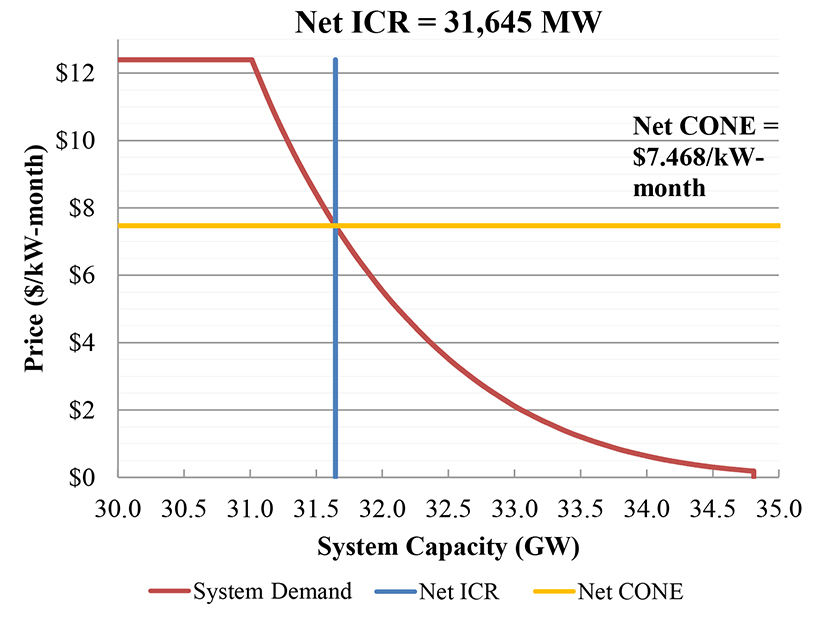New England’s Forward Capacity Auction last month offered no big surprises, but it did hint at coming shifts in the dynamics of the region’s energy supply.
While the FCA 16 clearing price fell in the Southeast New England zone, the market overall stayed relatively steady from the previous year’s auction, with minimal turnover in the generator fleet and relatively low prices. (See ISO-NE Announces Capacity Auction Results After Killingly Delay.)
It was, as one observer put it, the “calm before the storm” as New England prepares to transition away from the minimum offer price rule.
The new generation that entered this year came from storage and solar, with no new gas-powered generators or repowering projects.
“I think that reflects the fact that the economics are challenging for non-renewable resources,” said Scott Niemann, a director at the research and consulting firm ESAI Power. “And what’s coming in is really driven by public policy.”
ISO-NE published the full results of the auction in a FERC filing earlier this week.
Merrimack Station
New England’s last remaining coal plant, Merrimack Station in New Hampshire, cleared the auction.
But it did so after a dynamic delist bid that ultimately lowered its payments by 128 MW worth of capacity, or roughly $300,000 a month at the clearing price of $2.48/kW-month.
“That’s one of the units that’s clearly very much on the bubble in terms of being economic in the market, and that shows up in that some of those megawatts were not cleared,” Niemann said.
Storage
Standalone storage projects were “mostly locked out,” noted Aaron Geschiere, a senior analyst for Nexamp.
That likely stemmed from the end of the seven-year price lock rule, which allowed new resources to maintain their clearing price for seven years but was used for the last time in FCA 15 after FERC ordered its removal.
“There was more urgency to clear in the last auction so that the price could be locked in for seven years to facilitate financing and more certainty in returns,” Niemann said. “All of the projects that cleared in this auction were small batteries, compared to last auction where you had 100 or 200 MW individual projects clearing.”



